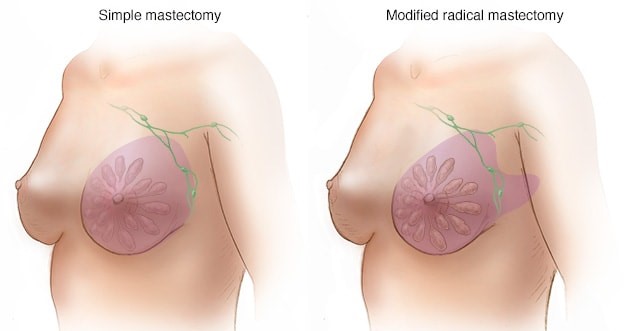A pregnant woman diagnosed with syphilis comes to the clinic for a visit. The nurse discusses the risk of transmitting the infection to her newborn, explaining that this infection is transmitted to the newborn through the:
Breast milk
Birth canal
Amniotic fluid
Placenta
The Correct Answer is D
Choice A: Breast milk is not the correct answer because it is not a route of transmission for syphilis. Syphilis is caused by a bacterium called Treponema pallidum, which cannot survive in breast milk. However, breastfeeding mothers with syphilis should be treated with antibiotics to prevent other complications.
Choice B: The birth canal is not the correct answer because it is not a route of transmission for syphilis. Syphilis can be transmitted through sexual contact, but not through vaginal delivery. However, pregnant women with syphilis should be screened and treated before delivery to prevent congenital syphilis in their newborns.
Choice C: Amniotic fluid is not the correct answer because it is not a route of transmission for syphilis. Syphilis cannot cross the amniotic membrane, which protects the fetus from infections in the uterus. However, pregnant women with syphilis should be monitored for signs of fetal distress or premature rupture of membranes.
Choice D: Placenta is the correct answer because it is a route of transmission for syphilis. Syphilis can cross the placenta, which connects the mother and the fetus through blood vessels. This can result in congenital syphilis, which can cause serious problems such as stillbirth, miscarriage, low birth weight, deformities, or neurological damage in newborns.
Nursing Test Bank
Naxlex Comprehensive Predictor Exams
Related Questions
Correct Answer is ["A","C","E"]
Explanation
Choice A: Sleep disturbances are the correct answer because they are a symptom of a heart attack observed in women. Sleep disturbances are problems that affect the quality or quantity of sleep, such as insomnia, nightmares, or snoring. They can indicate that the heart is not pumping enough blood and oxygen to meet the body's needs during sleep. About 48% of women who have had a heart attack report having sleep disturbances in the weeks before their event.
Choice B: Syncope is not the correct answer because it is not a symptom of a heart attack observed in women. Syncope is a condition that causes a temporary loss of consciousness due to a drop in blood pressure or blood flow to the brain. It can be caused by various factors such as dehydration, medication side effects, or cardiac arrhythmias. However, it is not a common sign of a heart attack in women and only about 12% of women who have had a heart attack report having syncope before their event.
Choice C: Unusual fatigue is the correct answer because it is a symptom of a heart attack observed in women. Unusual fatigue is a feeling of extreme tiredness or exhaustion that is not relieved by rest or sleep. It can indicate that the heart is not pumping enough blood and oxygen to meet the body's needs during daily activities. About 70% of women who have had a heart attack report having unusual fatigue in the weeks before their event.
Choice D: Extreme hunger is not the correct answer because it is not a symptom of a heart attack observed in women. Extreme hunger is a feeling of intense or excessive appetite or craving for food. It can be caused by various factors such as diabetes, thyroid disorder, or stress. However, it is not a sign of a heart attack in women, and only about 4% of women who have had a heart attack report having extreme hunger before their event.
Choice E: Arm pain is the correct answer because it is a symptom of a heart attack observed in women. Arm pain is a feeling of discomfort or ache in one or both arms, especially the left arm. It can indicate that the heart muscle is not receiving enough blood and oxygen due to a blocked coronary artery. About 42% of women who have had a heart attack report having arm pain before their event.
Correct Answer is D
Explanation
Choice A reason: Brushing teeth does not require much strength or range of motion in the hand, so it should not be very difficult for the client.
Choice B reason: Buttoning a blouse can be done with one hand or with the help of the other hand, so it should not be very difficult for the client.
Choice C reason: Eating breakfast can be done with the left hand or with utensils that are easy to hold, so it should not be very difficult for the client.
Choice D reason: Combing hair requires lifting the arm above the shoulder and moving the hand through the hair, which can be painful and challenging for the client who had a mastectomy and may have impaired lymphatic drainage and nerve damage in the right arm.

Whether you are a student looking to ace your exams or a practicing nurse seeking to enhance your expertise , our nursing education contents will empower you with the confidence and competence to make a difference in the lives of patients and become a respected leader in the healthcare field.
Visit Naxlex, invest in your future and unlock endless possibilities with our unparalleled nursing education contents today
Report Wrong Answer on the Current Question
Do you disagree with the answer? If yes, what is your expected answer? Explain.
Kindly be descriptive with the issue you are facing.
